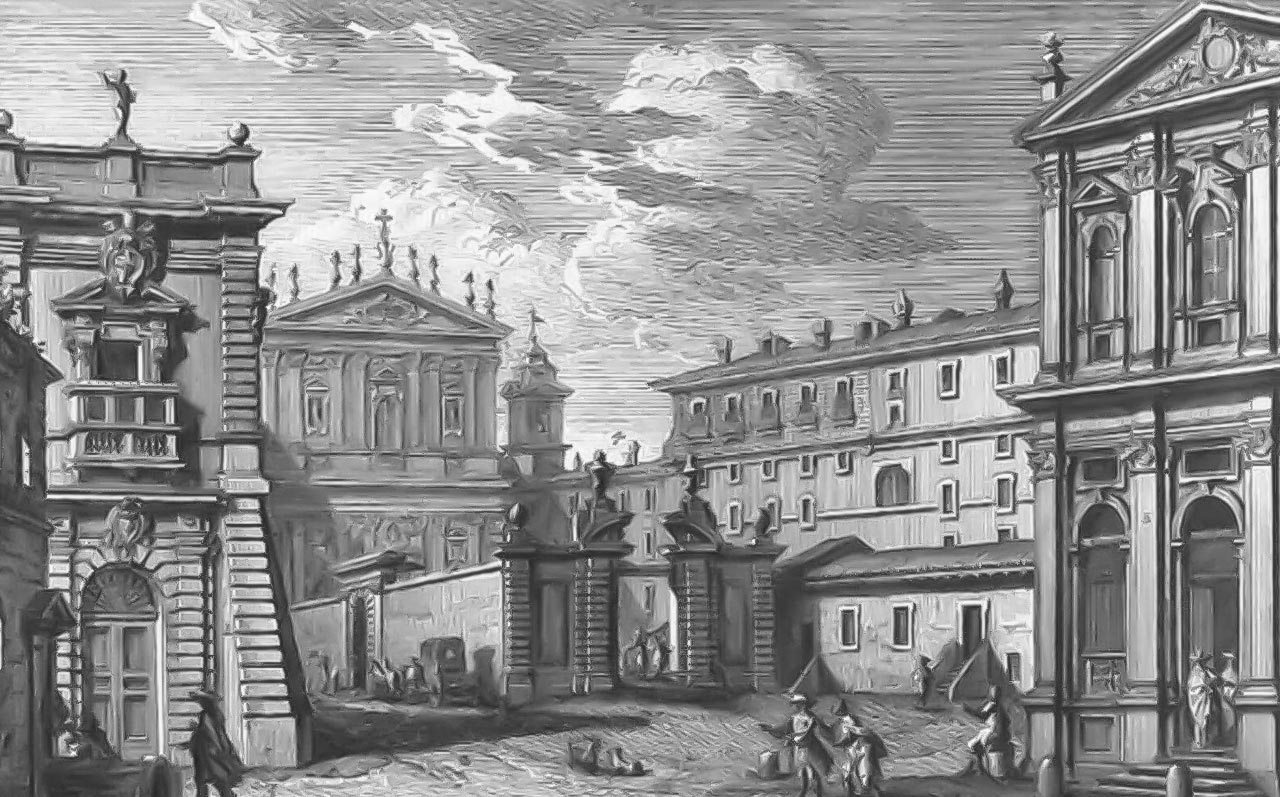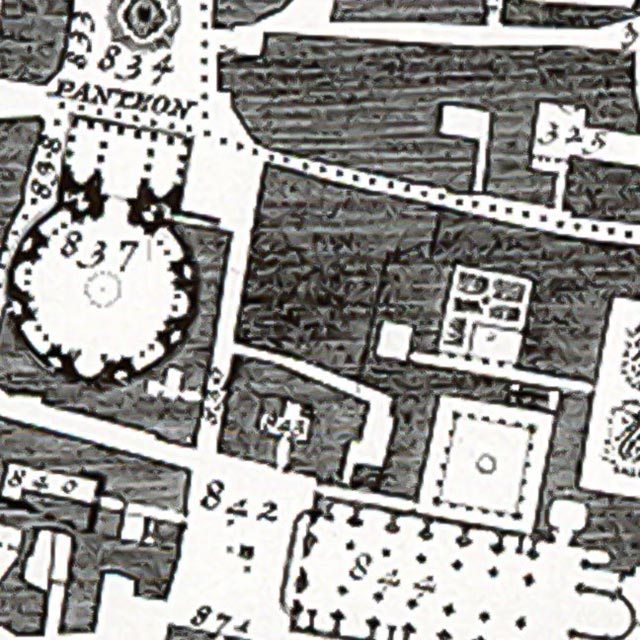
Our History
The AngelicumThe official foundation of the Dominican studium conventuale at Rome, which would grow into the Angelicum, occurred with the legal transfer of the Santa Sabina complex from Pope Honorius III to the Order of Preachers on 5 June 1222.
The Pontifical University of St. Thomas Aquinas (the Angelicum) in Rome, Italy, has its roots in the Dominican mission, to study, teach and preach the truth, as reflected in the Order’s motto, “Veritas“.
The distinctively pedagogical character of the Dominican apostolate, as intended by Saint Dominic de Guzman in 1216, at the birth of the Order, “the first order instituted by the Church with an academic mission,” is succinctly expressed by another of the Order’s mottos, “contemplare et contemplata aliis tradere“, (to contemplate and to bear the fruits of contemplation to others).
Pope Honorius III approved the Order of Preachers with documents of December 1216 and January 1217. On 21 January 1217 the papal bull “Gratiarum omnium” confirmed the Order’s pedagogical mission by granting its members the right to preach universally, a power formerly dependent on local episcopal authorization.


Collegium Divi Thomae
Mons. Juan Solano, then bishop of Cuzco in Peru († 1/14/1580), founded the new Italian-Spanish College of St. Thomas at the Roman priory of the Minerva. The rectors of the new College had to belong either to the Dominican Province of Rome or of Spain. The College of St. Thomas was also open to students who were not Dominicans. On May 26, 1727, Benedict XIII gave to the Order’s major Houses of Study, and therefore also to the College of St. Thomas, the right of conferring academic degrees in theology to students outside the Order. Thanks to the generosity of Girolamo Cardinal Casanate († 3/2/1700), the College of St. Thomas was enriched by the foundation of the Casanatense Library, a famous center of philosophical-theological studies in Rome. In 1873, the College of St. Thomas had to leave its residence at the Minerva and began a period of migration, during which it had to take refuge in various Roman sites. Nevertheless, in 1882 the Faculty of Philosophy was founded and in 1896 the Faculty of Canon Law.
Pontificium Collegium Divi Thomae de Urbe
It was thanks to the efforts of Blessed Giacinto M. Cormier, Master General of the Order, that, on May 2, 1906, the College of St. Thomas received the title “Pontificium” (Pontifical), from Pope St. Pius X. This made the degrees conferred by the College equal to those of the world’s other Catholic Universities. By the Apostolic Letter of November 8, 1908, signed by the Supreme Pontiff on November 17, the new Pontifical College Angelicum was erected on the site of the College of St. Thomas, with headquarters in Via San Vitale. This was transferred in 1932 to the appropriately expanded buildings of the ancient Dominican monastery of SS. Domenico and Sisto. In 1950, the Institute of Spirituality was founded and incorporated into the Faculty of Theology, and in 1951 the Institute of Social Sciences was founded within the Faculty of Philosophy. This last was elevated in 1974 to the rank of a Faculty.
Pontificia Studiorum Universitas a Sancto Thoma Aquinate in Urbe
On March 7, 1963, St. John XXII, in the Motu Proprio “Dominicianus Ordo”, raised the Angelicum to the rank of a Pontifical University. On July 2, 1964, the Higher Institute of Religious Science for the laity, Mater Ecclesiae, was incorporated into the Pontifical University of Saint Thomas Aquinas. Several other Institutes of theological and philosophical studies are affiliated with the University.
